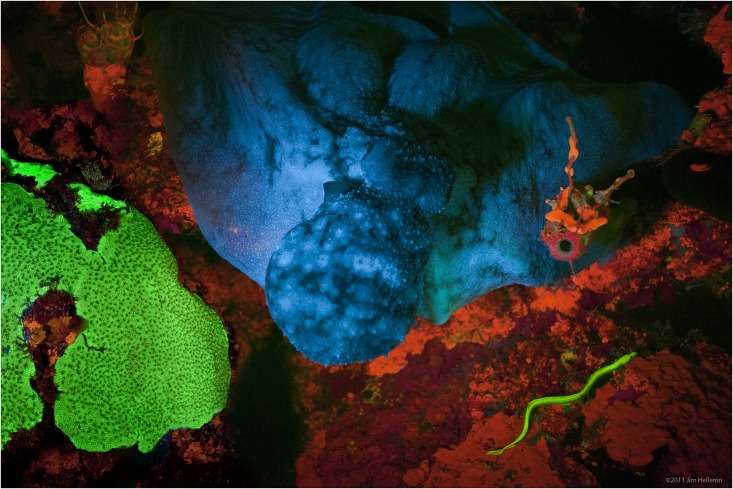This file hosts a contribution to the Orientation Day organized by the Data Science Institute at the University of Virginia for its Presidential Fellows. It is to be presented on 23 August 2019 from about 2:30 p.m. to 3 p.m. EDT in the Research Collaboration Corner (also know as the Corner Building; see map).
Open & FAIR practices for sharing research all along the research cycle, both with humans and machines
Human societies engage in research in order to advance their understanding and mastering of the world they live in. This involves sharing of various aspects of research. Starting from the research results and the underlying methodology, more and more aspects of research are now being shared, often with communities much broader than classical research teams.
In this talk, we will zoom in on various individual steps of a number of research cycles and examine ways in which these steps have been or could have been shared, and what kinds of reuses are being enabled by such sharing. The examples will be drawn from various fields, e.g. public health emergencies, Babylonian archaeology or meteorology.
- can be framed in many ways
- key components: plan ・ get permissions ・ get funding ・ get infrastructure ・ collect metadata ・ collect data ・ process data ・ analyze data ・ publish ・ curate data ・ preserve data ・ reuse metadata ・ find data ・ access data ・ reuse data ・ reproduce data ・ delete data
- exact arrangement can and does vary
- frequent 'rinse and repeat'
- no single publishing step within the cycle, since every intermediate step is an opportunity to share
- video
- helping to improve data sharing in public health emergencies
- working on making data mangement plans machine actionable, versioned and public
- helped shape the Open Science Prize
- helping to explore technical aspects of preprint services in the life sciences
- helping to collect citations for the sum of human knowledge
- contributing to data science policy in the European Union
- helping to organize events around modernizing scholarly communication
- editing an open-science journal that aims to make entire research processes visible, not just the results
- building a tool for profiling research topics, organizations, awards, researchers and related concepts
- running a bot that feeds openly licensed multimedia from PubMed Central into Wikimedia Commons for reuse on Wikipedia and elsewhere
- editing the Topic Pages collection at PLOS Computational Biology
    |
      |
    |
|---|---|---|
| reproducibility = f(data, metadata, code, …) | reusability = g(data, metadata, code, …) | open workflows are an invitation to collaborate, early and often |
- FAIR: making research Findable, Accessible, Interoperable and Reusable for both humans and machines
- metadata should be open by default
- the corresponding data should be as closed as necessary
- Demo of a real-time research dashboard
- data sharing in public health emergencies
- research published last week
- data archaeology
- What would an efficient bus system look like for Charlottesville?
- Analyze all Jupyter notebooks mentioned in PubMed Central
All images are linked to pages with metadata about them, including licensing information. The licensing is always compatible with the CC BY-SA 4.0 license.
- Sharing research all along the research cycle — a contribution to DSI's Lunch & Learn series
- Open data: central element of an open research ecosystem
- Opening up the research data life cycle
- Open Science Q & A
- I'm @EvoMRI

